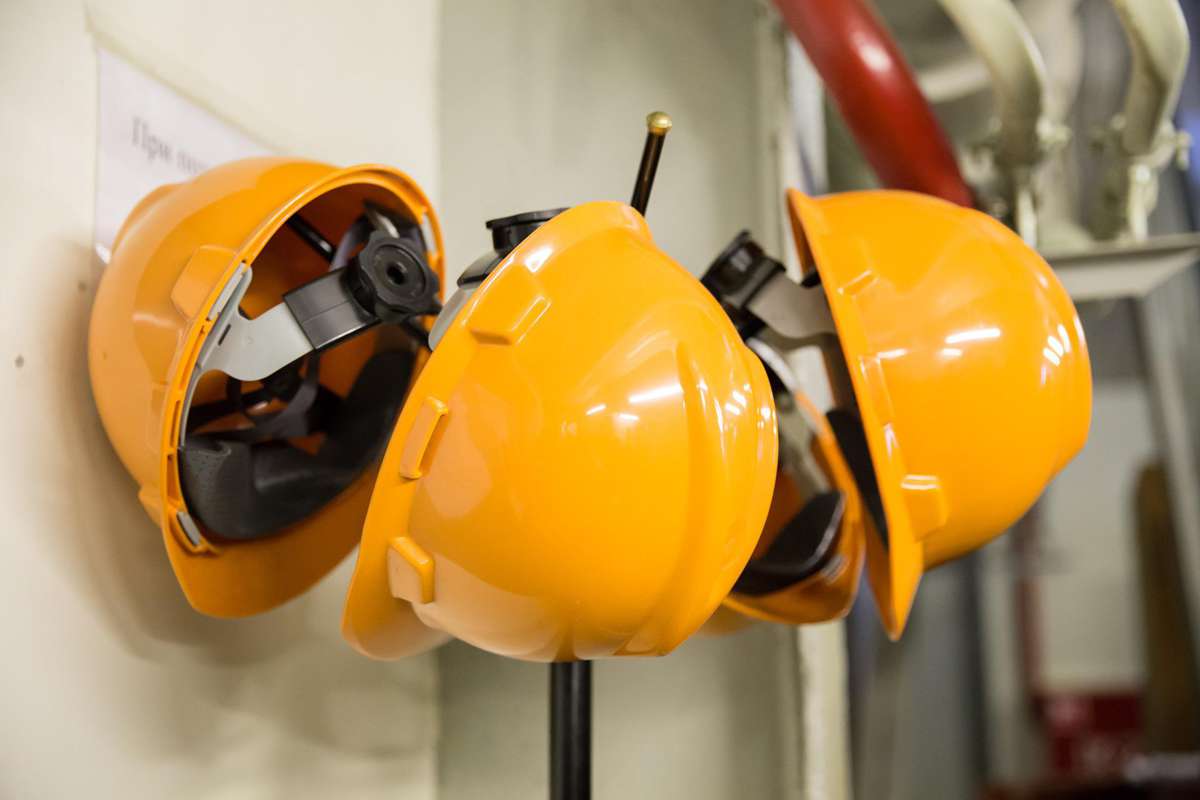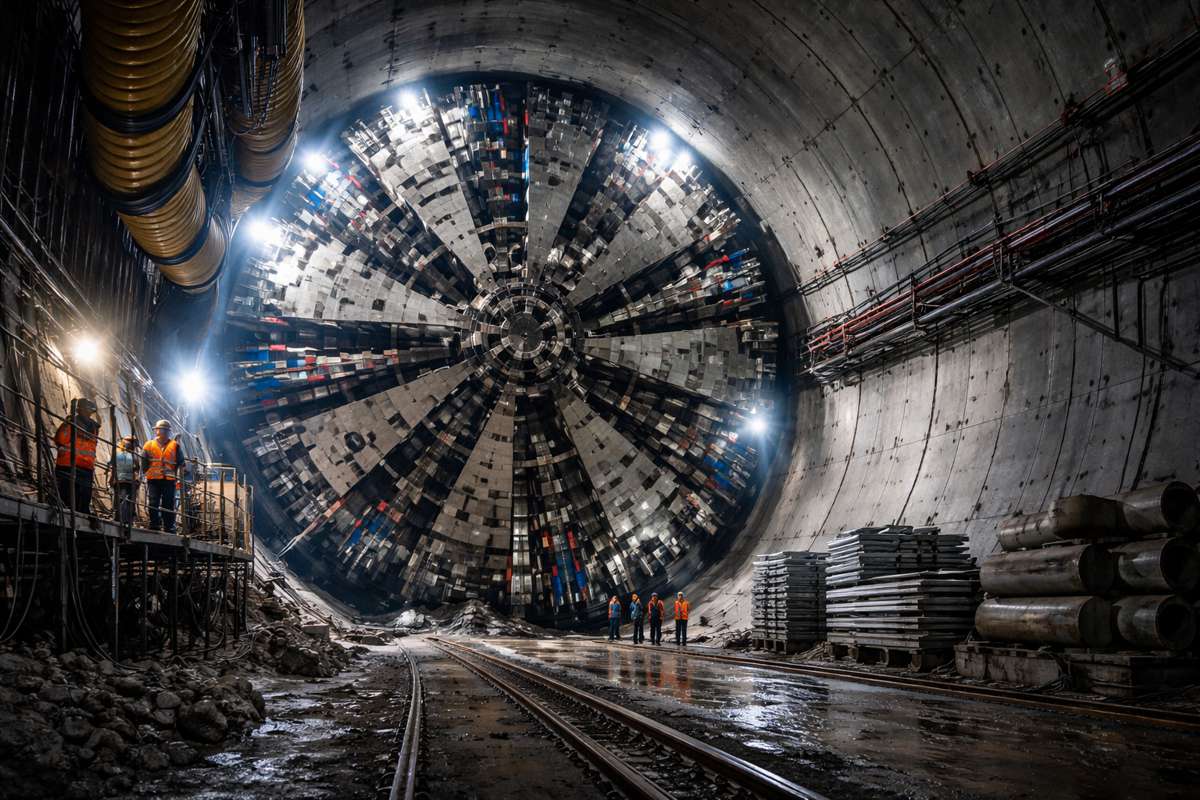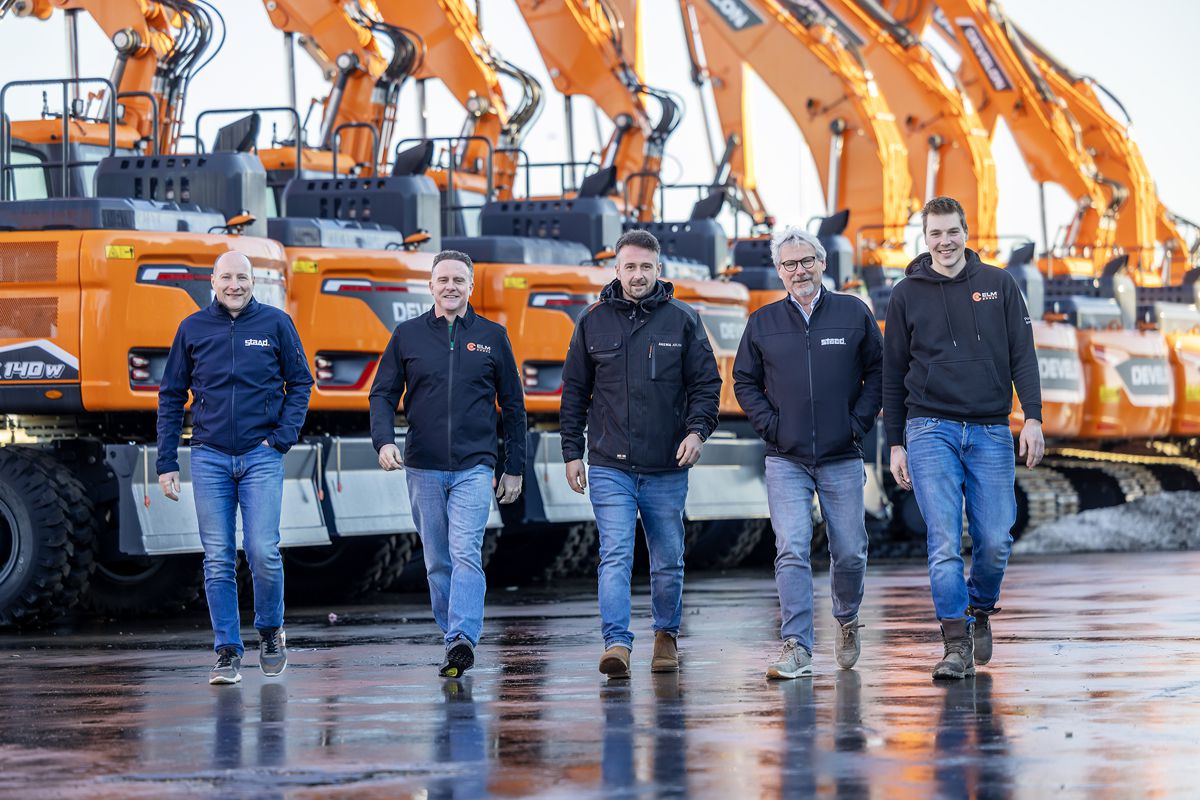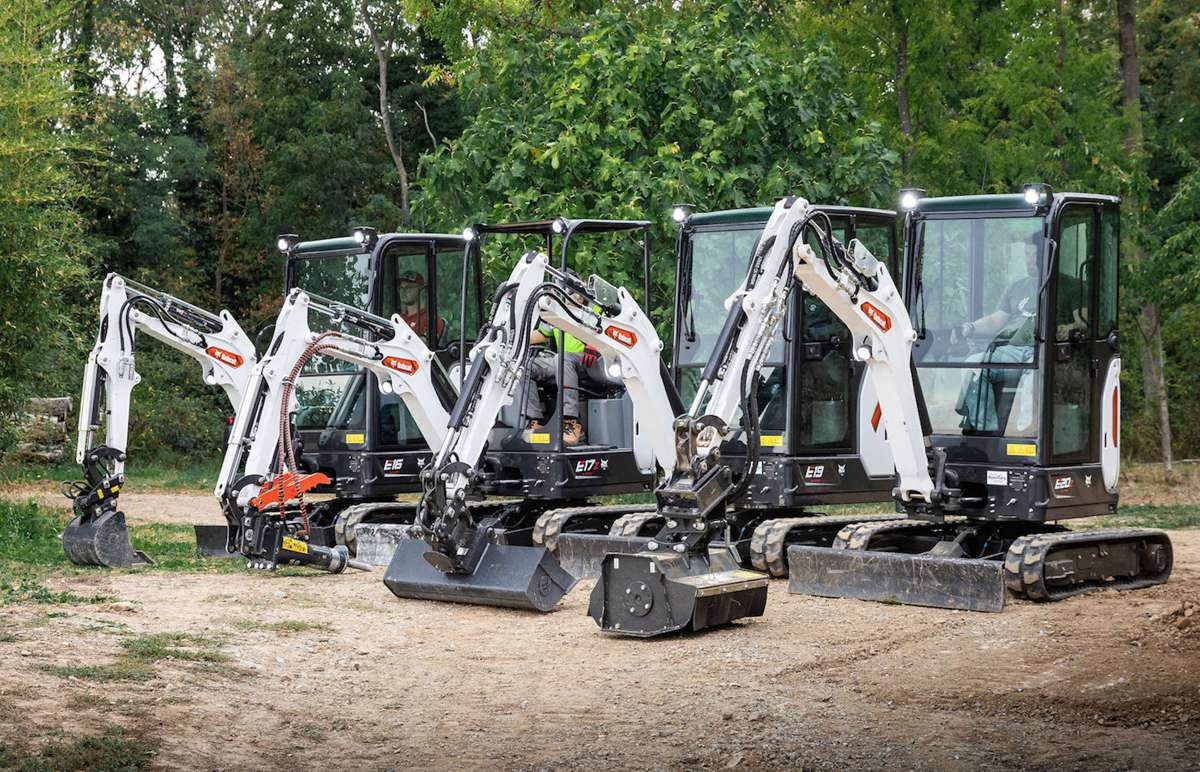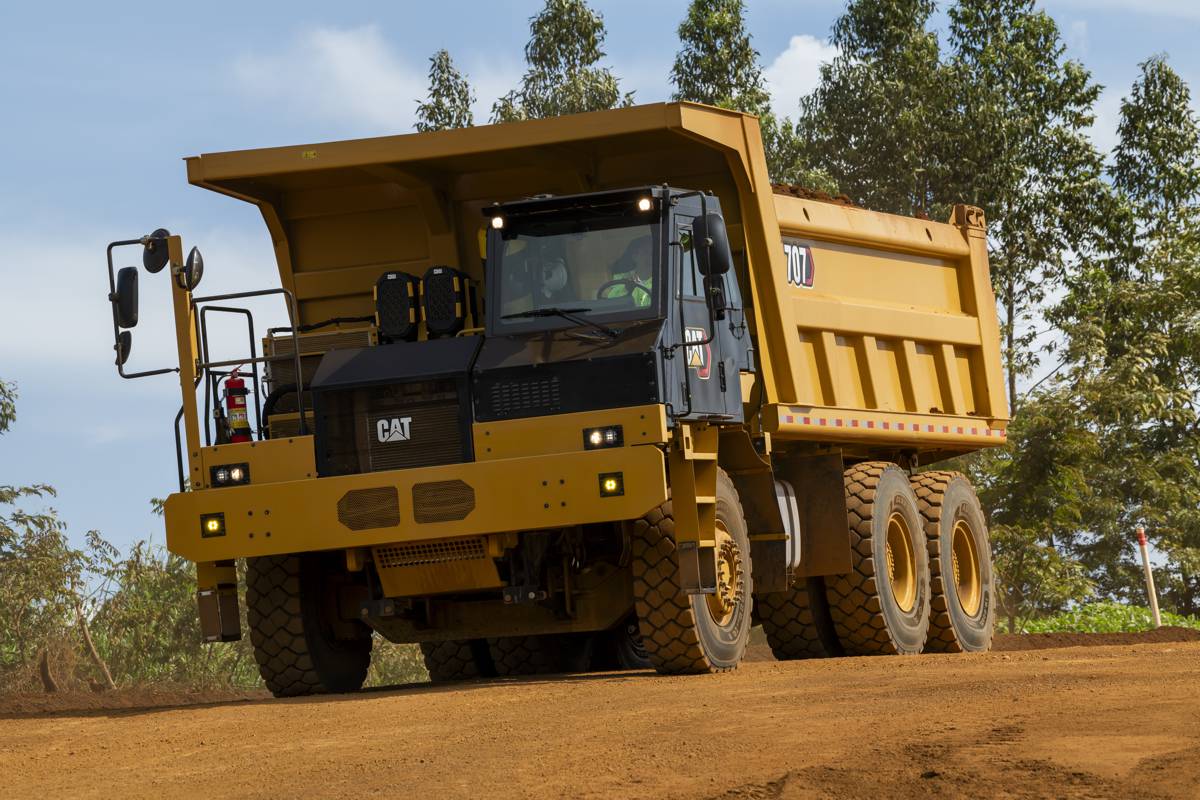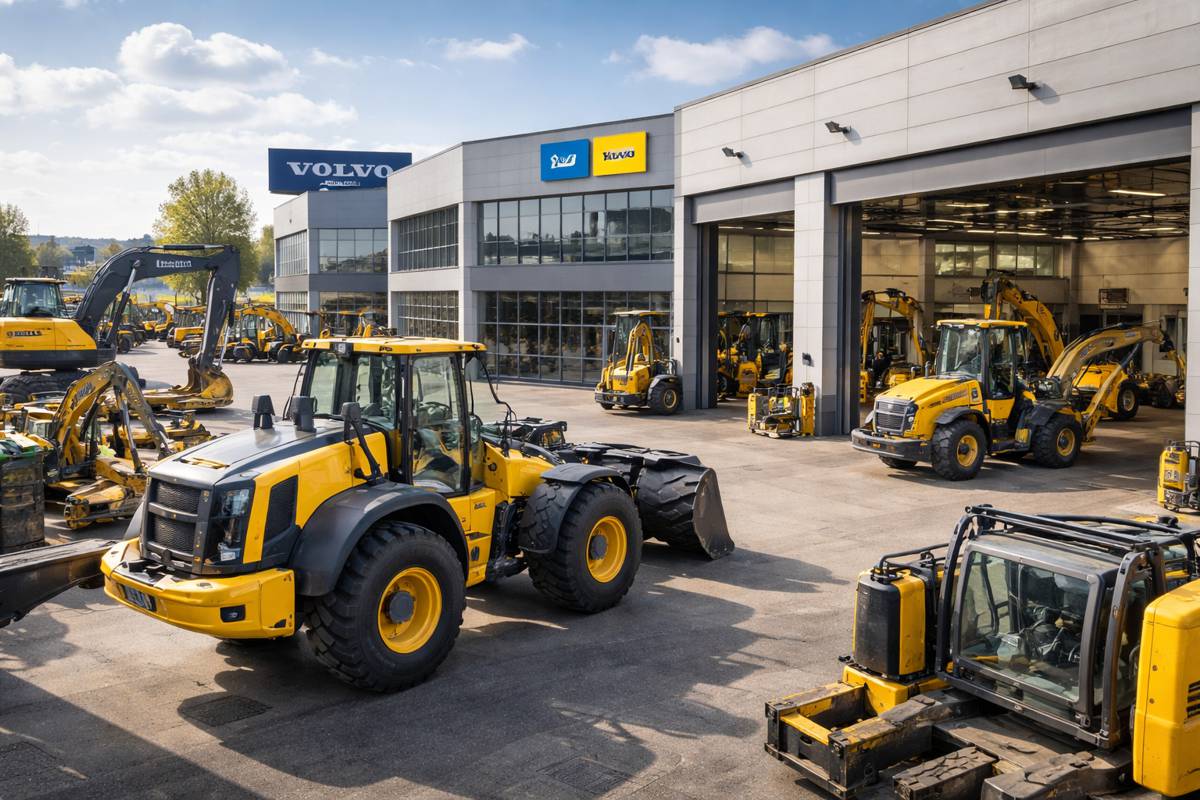Ensuring Heavy Machinery Operator Safety
Heavy equipment is required for many activities, but with heavy equipment comes increased responsibility and difficulty.
When operating with heavy equipment, there are several safety requirements to follow because moving gear can inflict significant bodily injury. According to the U.S. Bureau of Labor Statistics, construction caused 1,008 fatal injuries in 2018, while transportation and warehousing caused 874 fatal injuries.
Moreover, according to OSHA, one out of every ten construction workers gets harmed each year. With so many revealing and dismal facts on working hazards, how can workers use heavy equipment safely?
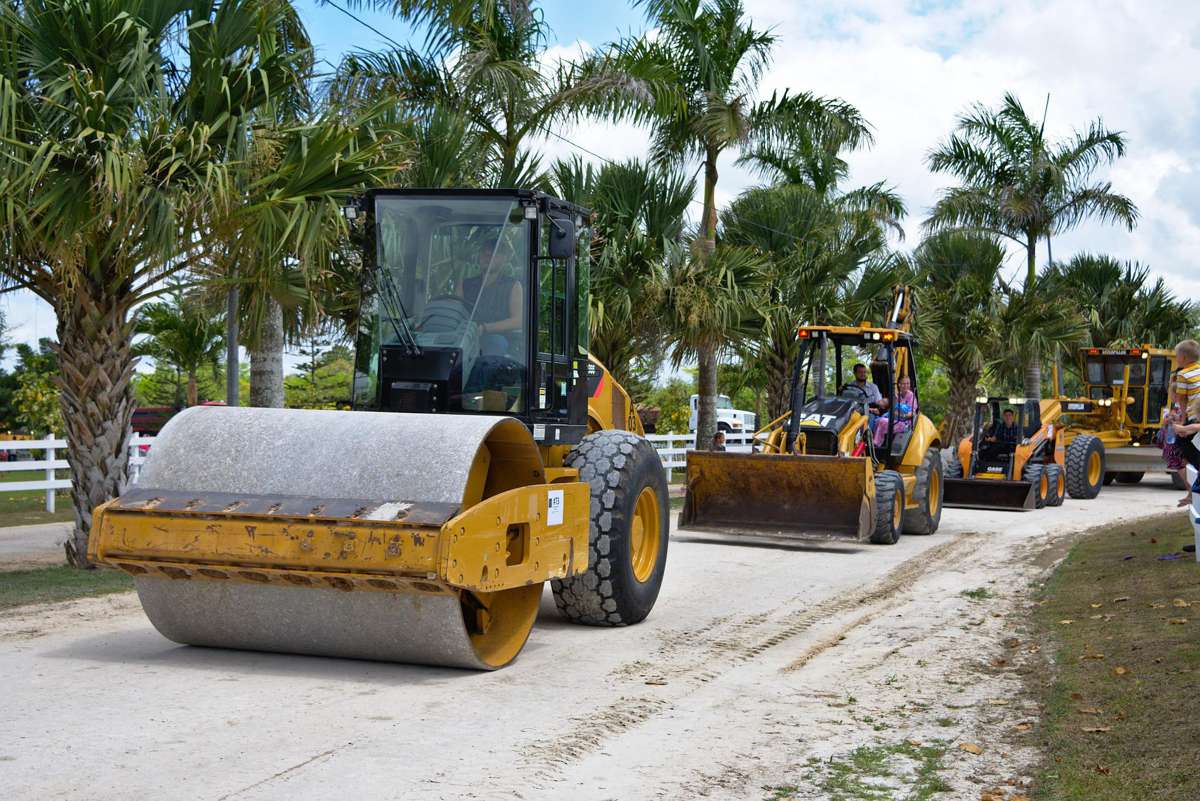
Equipment Inspection Before Use
Before each usage, equipment should be examined to verify that it is in excellent working order. Confirm that the fluid levels are adequate and that none of the components has fractures or damage. Tires should have enough tread, and all attachments to the machine should be properly fastened. If operating a crane, check if the crane outrigger pads are in place to stabilize the machine.
Once the machinery has started up, check that all of the lights and alarms are operating correctly and that no warning lights are illuminated. Before utilizing the machine, ensure that the equipment expands and functions properly and that the cab rotates. Of course, any machinery or equipment that is not functioning properly must be repaired promptly or withdrawn from operation until repairs can be made.
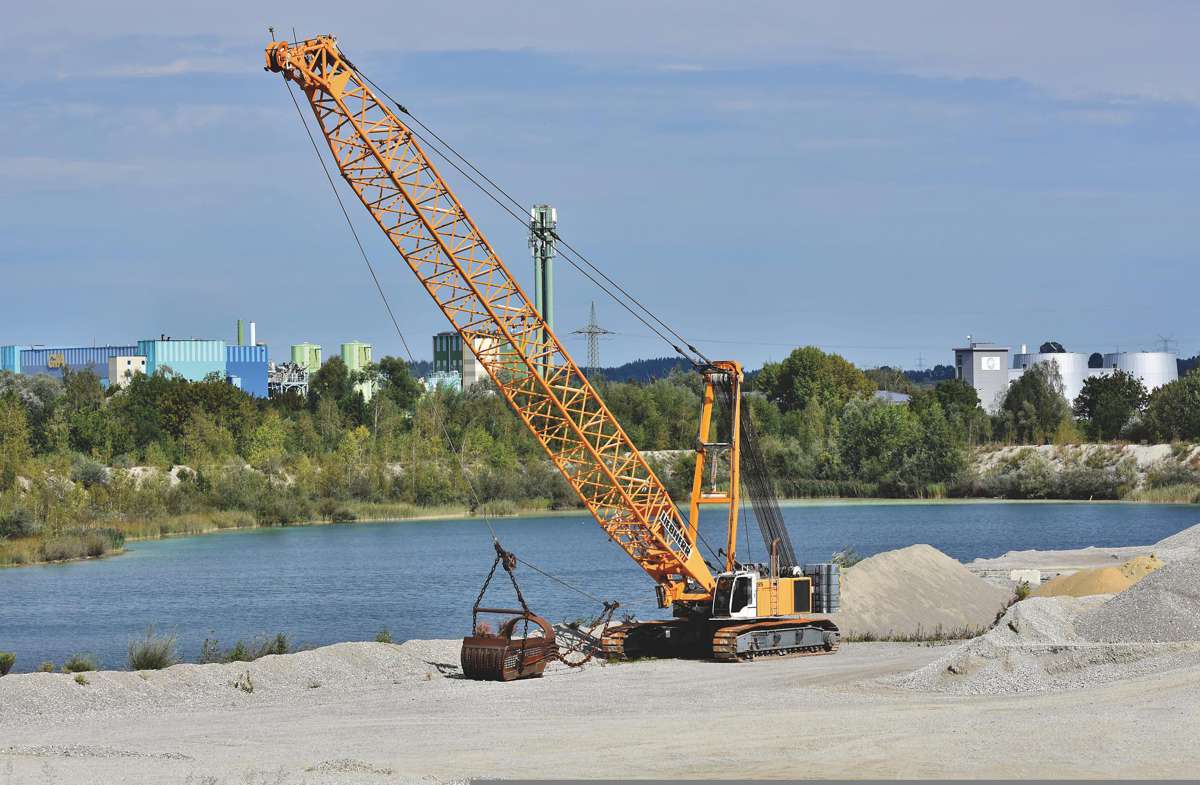
Be Aware Of Your Environment
Being aware of one’s surroundings is extremely important when working with big machinery. Not only should you be aware of where your co-workers or any other individuals are, but you should also be mindful of any overhead wires, subterranean utilities, or other impediments that might cause harm. Operating big machinery necessitates keen observation and sound judgment.
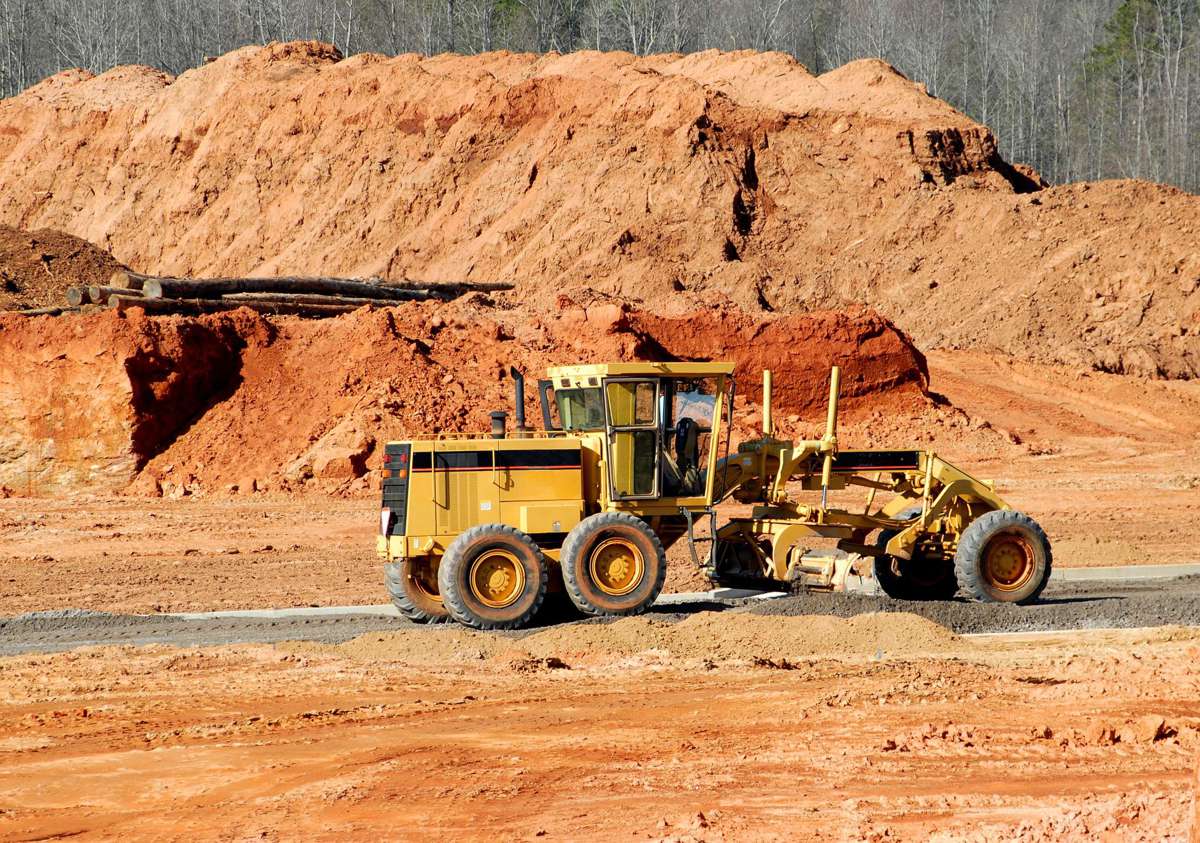
Training For Equipment Operators
Before utilizing any heavy equipment, an operator should always get equipment operator training. A complete training program that includes both classroom and hands-on instruction may adequately prepare an operator to handle huge equipment. There are also basic logical regulations to follow, such as wearing a seat belt in an emergency, which can save one’s life.
Many major injuries can be avoided by entering and departing equipment while preserving the critical three points of contact. Furthermore, one should avoid accessing or departing equipment that is turned on and in operation. To avoid significant bodily harm, use the parking brake, detach the keys, and never jump to escape equipment.
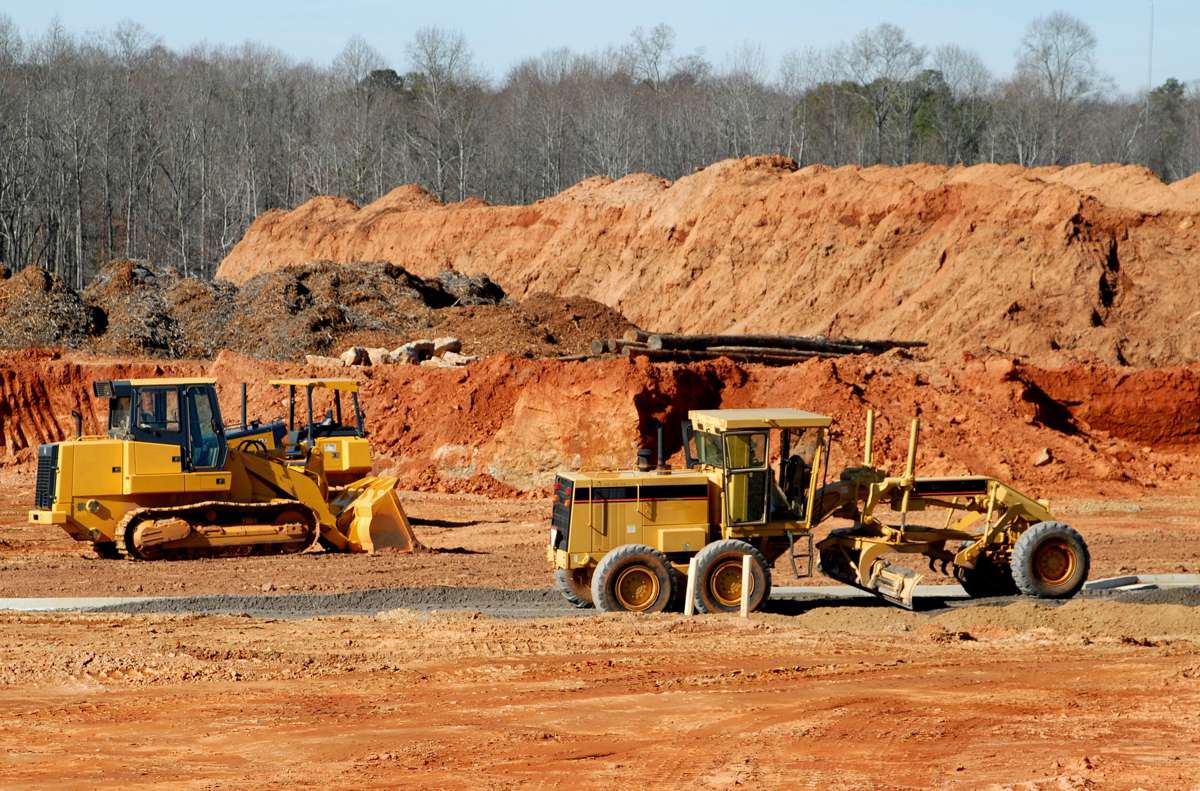
Utilize The Equipment Solely For Its Intended Purpose
Heavy equipment and massive industrial machinery have a restricted range of usage, and they should never be used outside of their intended purposes. The constraints on each piece of equipment are there for a reason, and failing to follow the instructions might easily jeopardize one’s safety. The intended usage of large industrial equipment, such as metal lathes or overhead cranes, is extremely evident and required. Using heavy machinery for purposes other than those recommended becomes dangerous and useless.
Of course, there is a slew of other common-sense principles to remember when utilizing heavy types of machinery, such as wearing the proper personal protective equipment (PPE) on a job site, such as hard hats, gloves, and safety glasses.
Before doing any essential equipment repair, be certain that the brakes are engaged and the wheels are blocked to avoid harm. Loading and unloading must always be done on a level space to avoid falling or spilling. Additionally, with heavy equipment, observe these guidelines: don’t overload equipment, keep everything secure, and never move too rapidly with equipment.
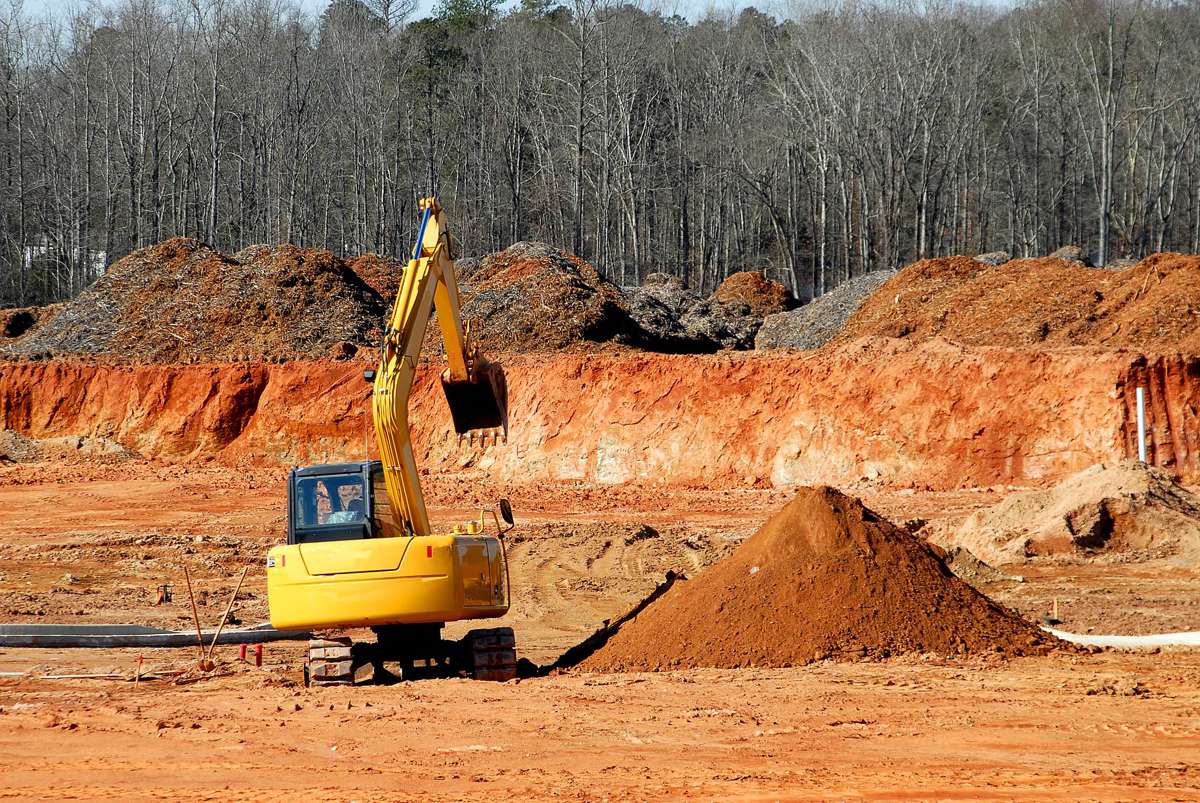
Ensure Proper Communication
When backing up or modifying position, heavy equipment drivers must be certain that the manoeuvre is safe. Spotters are the most effective technique to prevent accidents, and each spotter should be equipped with a two-way radio to interact with the operator throughout the day. If your squad does not have a two-way radio, they will have to communicate through hand signals or signs.
To ensure that operators can see the team, all spotters should wear proper PPE, such as bright safety vests. Spotters should be responsible for guiding pedestrians and oncoming vehicles to guarantee safety when heavy equipment is in operation, in addition to wearing the proper PPE equipment such as safety vests and safety glasses.
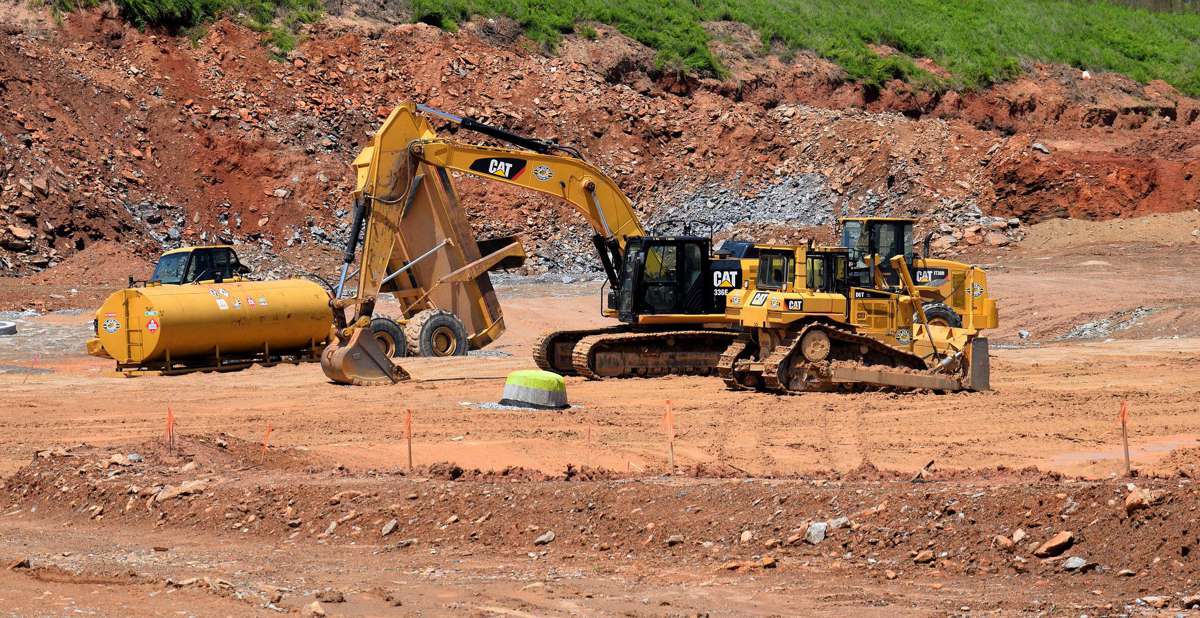
Final Thoughts
If you’ve worked in construction for any length of time, you’re well aware that heavy equipment is critical to completing large projects on schedule and under budget. However, handling heavy construction equipment may be tricky, and it can offer dangerous circumstances on any job site.
Implement a safety policy to keep operators, employees, and pedestrians safe while the machine is in operation. Use the five heavy equipment safety precautions listed above to keep your construction project on track!








